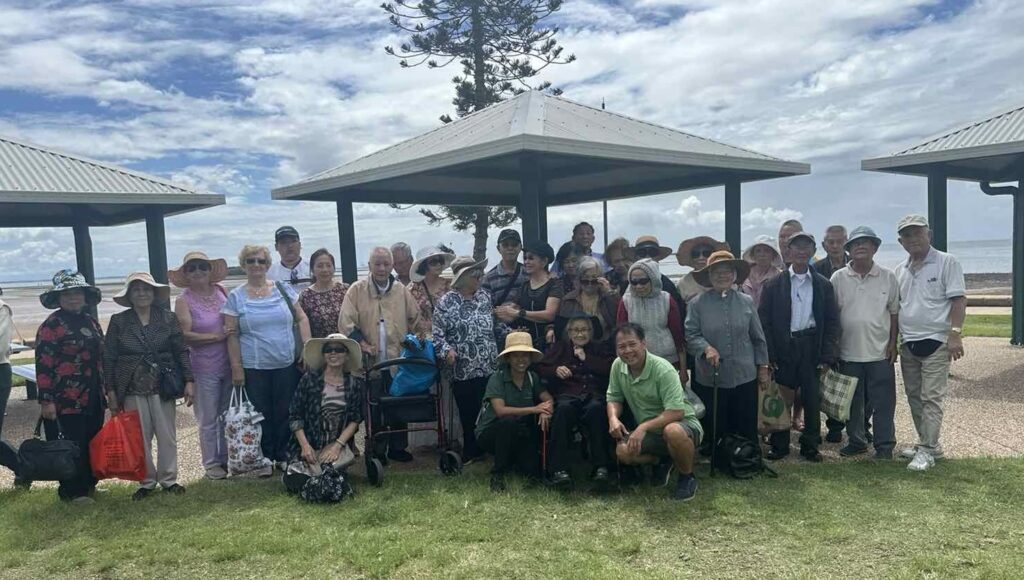Aging is a natural part of life, but, when it happens, it often presents special concerns (including healthcare and daily living) that need to be addressed. For seniors, to retain their autonomy and dignity it is imperative to advocate for their own care. But, in order to do it, they have to be resilient, or in other words, they must have the ability to adapt and push on through obstacles.
This blog talks about how seniors can develop resilience and how to make their voice heard as they advocate for their care to meet their needs.
What Does Advocacy in Senior Care Mean?
Advocacy is about speaking up for what you want, what you need, and what you’re entitled to. This means seniors need to take an active part in conversations with doctors, nurses, caregivers and also family.
Advocating for your own care isn’t just about asking for help; it’s making sure your voice is heard, your decisions are honored, and your quality of life is prioritized.
Why Resilience Matters
Effective self-advocacy is based on resilience. It is what pushes seniors over the edge, every time they hit a setback, whether recovering from a health issue, revising complicated care systems or prevailing over the emotional side of growing old.
Resilient seniors see problems as challenges and face them with confidence enabling them to actively assist in making decisions for how they will be cared for. Building resilience starts with focusing on a few key areas:
Self-Awareness: Being able to understand your needs, values, and priorities.
Education: Staying informed about health conditions and treatment options.
Support Systems: Leaning on friends, family, or community resources.
Communication Skills: Clearly and respectfully expressing your thoughts and needs.
Strategies to Advocate for Your Care
The following are some of the ways in which seniors can advocate for their healthcare and daily support:
Stay Informed
Knowledge is empowering. Make time to learn about your health conditions, medications and services which are available to you. Have a look at home care packages or community support systems. If you are from Queensland, exploring home care packages in Brisbane can be helpful if you’re looking for personalized services according to your needs.

- Tip: In case of any confusing medical terms or procedures ask a healthcare, provider or use credible sources to clear up that confusion.
Keep a Health Journal
One way to be organized and proactive is to keep a track of your health. Track symptoms, medications, and questions for your doctor in one place. A journal will allow you to see how your health changes over time and can be a useful aid during a medical appointment.
- Example: Write down your symptom, when it starts or changes, so you can talk to your doctor about it.
Prepare for Appointments
Preparation for a visit to a medical appointment can be extremely helpful. Make a list of questions or concerns ahead of time so you don’t forget anything important.
- Checklist:
- In case of any new symptoms or concerns take notes.
- Take a look at what meds you are currently taking.
- If needed, bring someone you trust for support.
Practice Clear Communication
It’s a skill that has to be learned. Say what you need in a plain and straightforward fashion. You might find that using “I” statements is a good way to express yourself.
- Examples:
- “I like a plan that doesn’t disrupt my regular routine because it might be easier to stick to.”
- “I think the medication doesn’t seem to be helping my condition at all, could we explore alternatives?”
Build Your Support Network
You must advocate for yourself, but it shouldn’t mean that you have to do it alone. Talk about your preferences and concerns with trusted family members or friends so they can support you when it is time for critical conversations.
- Tip: Select a person who knows what your priorities are and will advocate for you if the need arises.
Understand Your Rights
You need to be able to make informed decisions about your healthcare, so knowing your rights as a patient can put you one step ahead of the game and make it a little easier to advocate for yourself. Contact a trusted Nhà cung cấp dịch vụ NDIS or legal adviser to get some clarification on care regulations and resources available to you.
Why Advocacy is a Lifelong Skill
Advocacy for your care is more than just protecting your health; it’s about living the life you want to live on your terms. If you stay informed, build resilience and communicate your needs you can reclaim your independence and take charge of your care.
You are not weak for realizing that you do have a right to be heard. In fact, it’s actually a strength that ensures your voice is heard in every aspect of your life.
A Helping Hand with 1st Care Community
1st Care Community is here to help seniors speak up for their care. We are ready to help if you are seeking a reliable NDIS service provider or need guidance with a home care package Brisbane.
Thăm nom Cộng đồng chăm sóc thứ nhất’s website today and see how we can make your journey a little smoother and a lot more empowering. Because everybody deserves care that respects their voice and choices.


